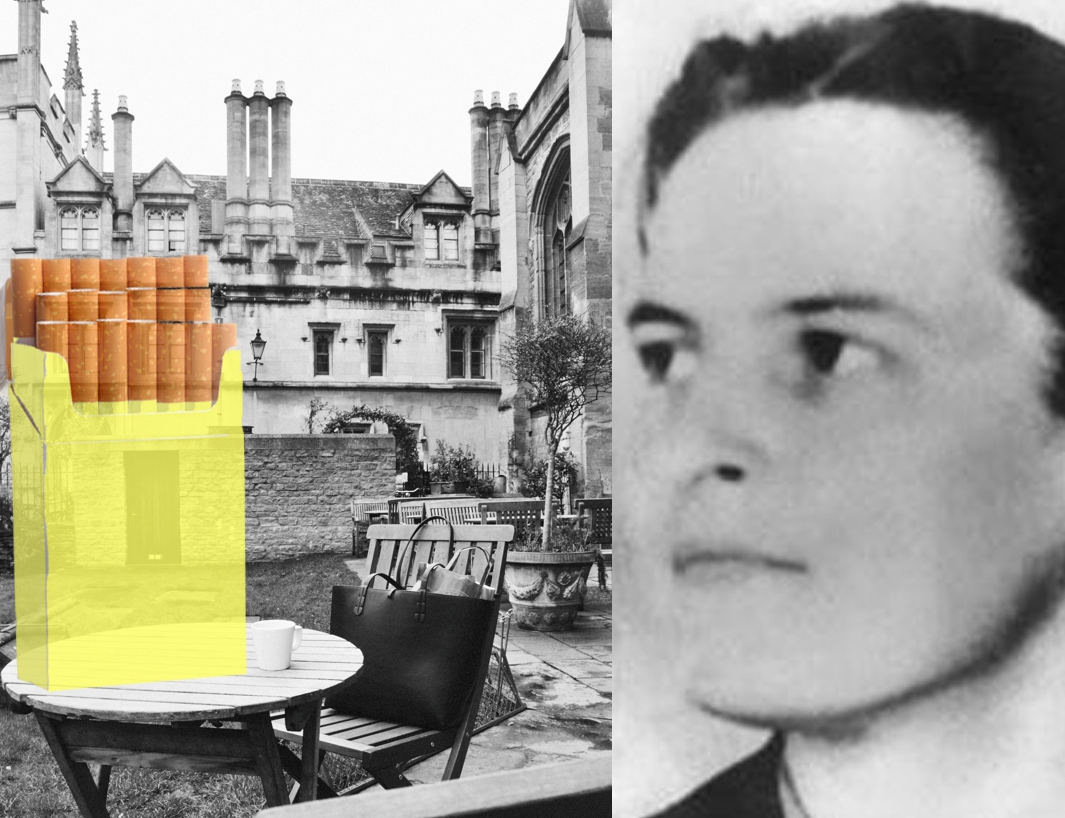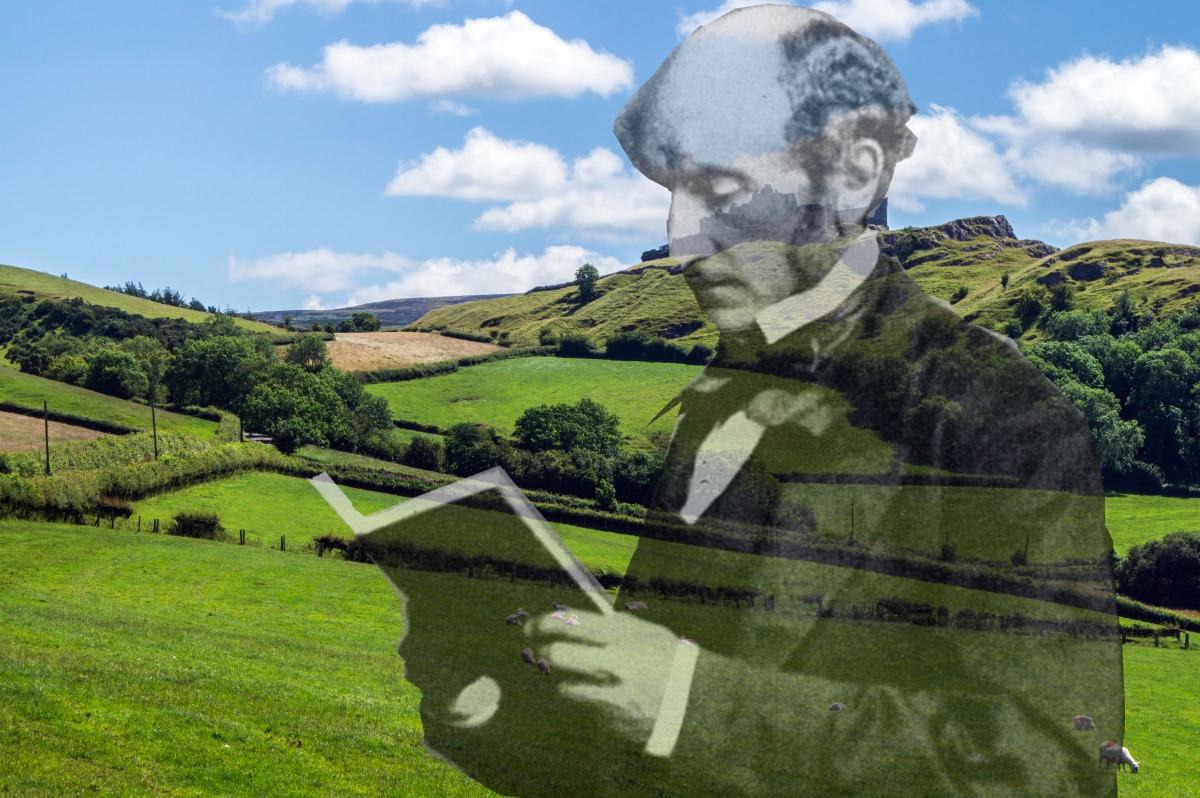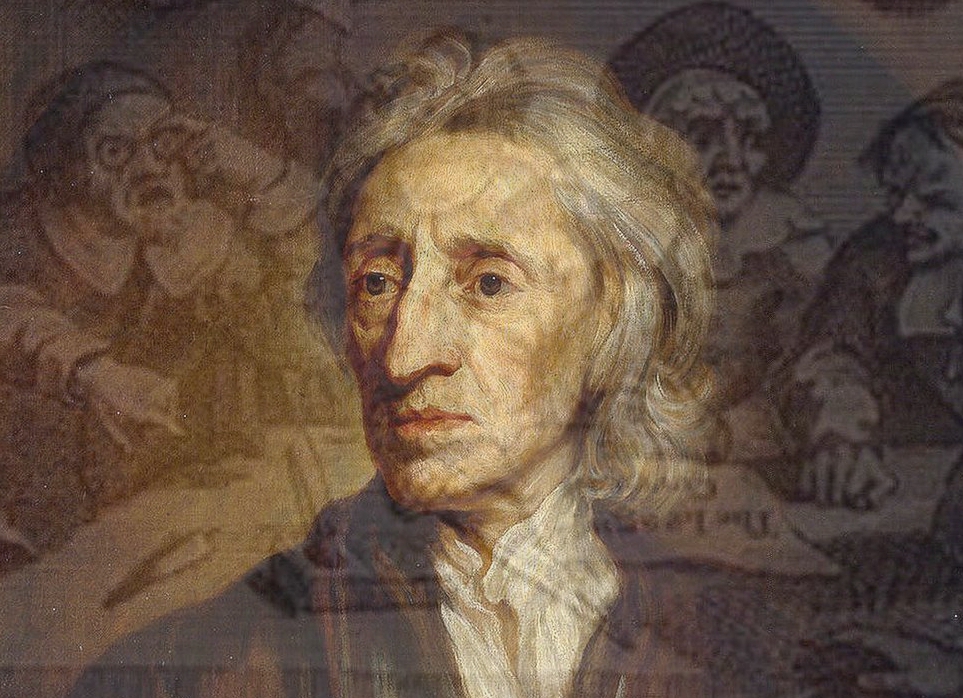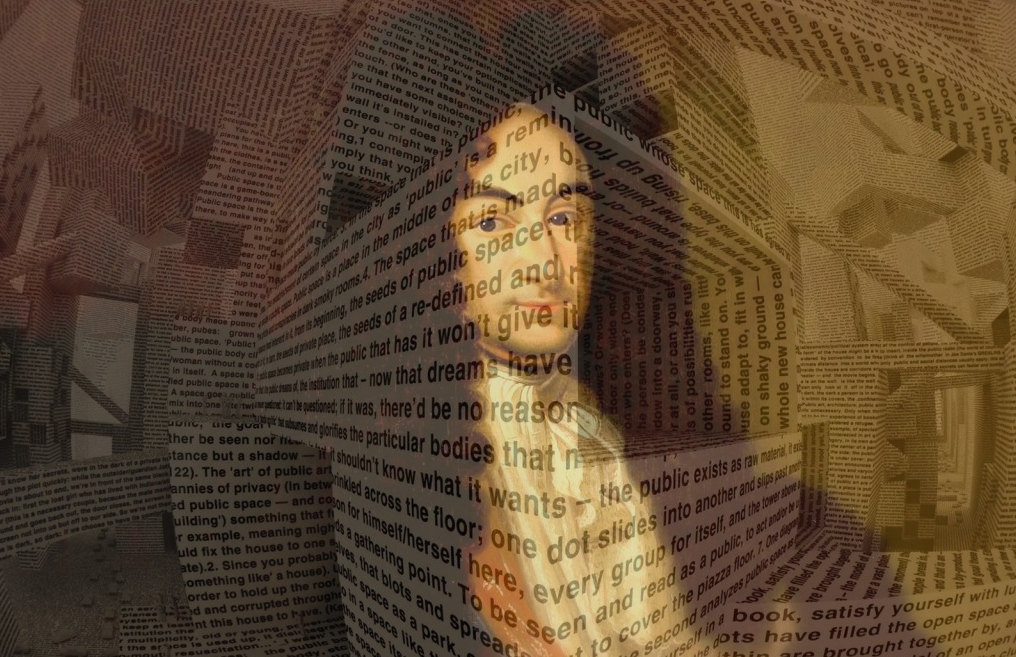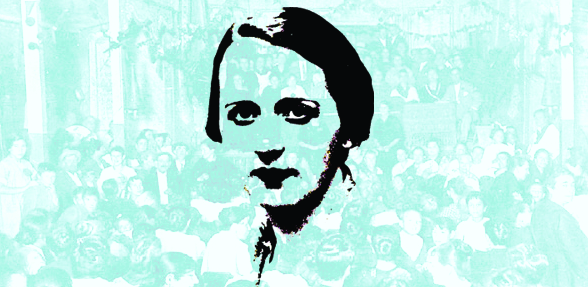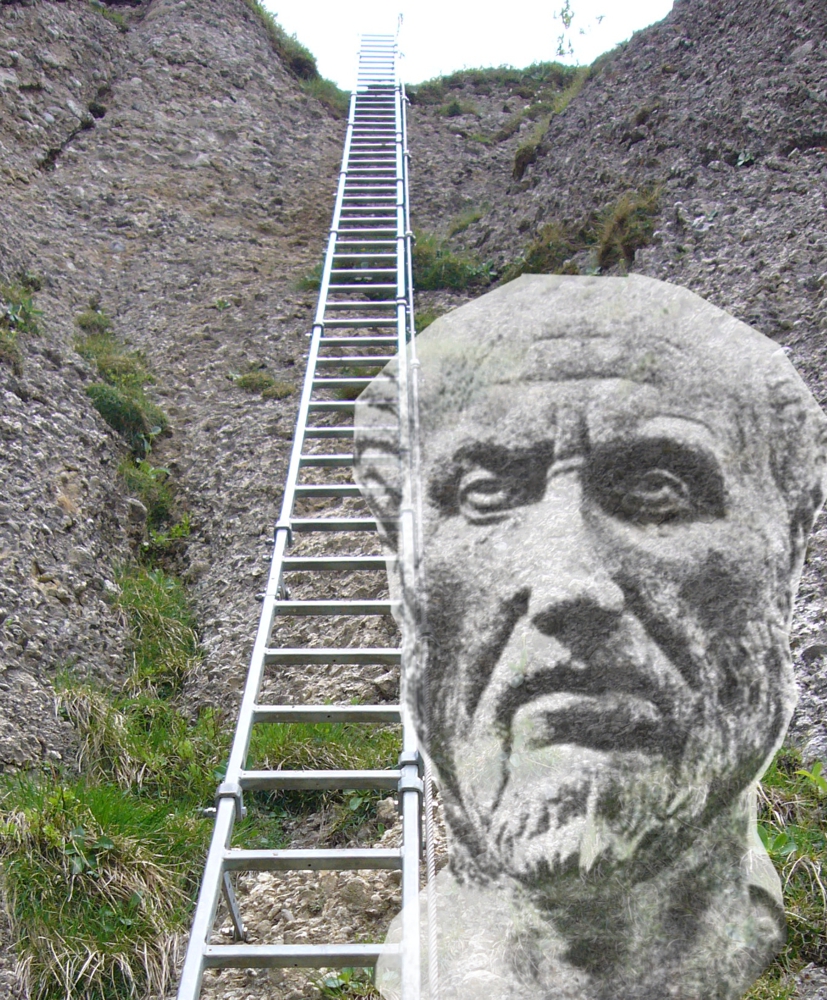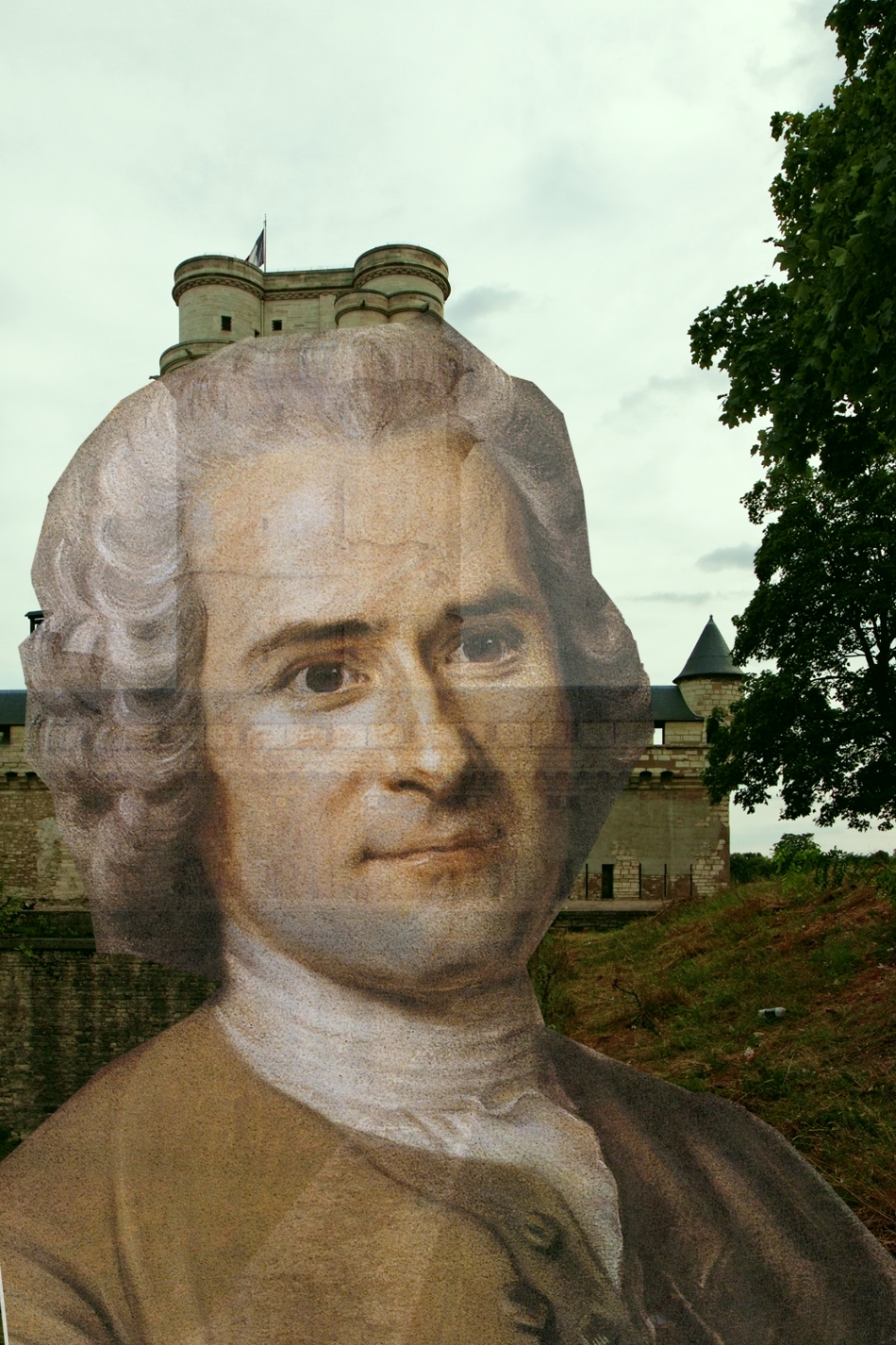|
PHILOSOPHICAL EXPERIENCES What is a philosophical experience? It is an experience that touches us with a profound philosophical insight. It is, in other words, a moment that connects between the personal and the philosophical, between my particular life-story and a fundamental issue of life. It is a conversation between me and the greater horizons of reality, between the little wave and the big ocean. |
Bertrand Russell – From mathematical thinking to Hegelianism and back |
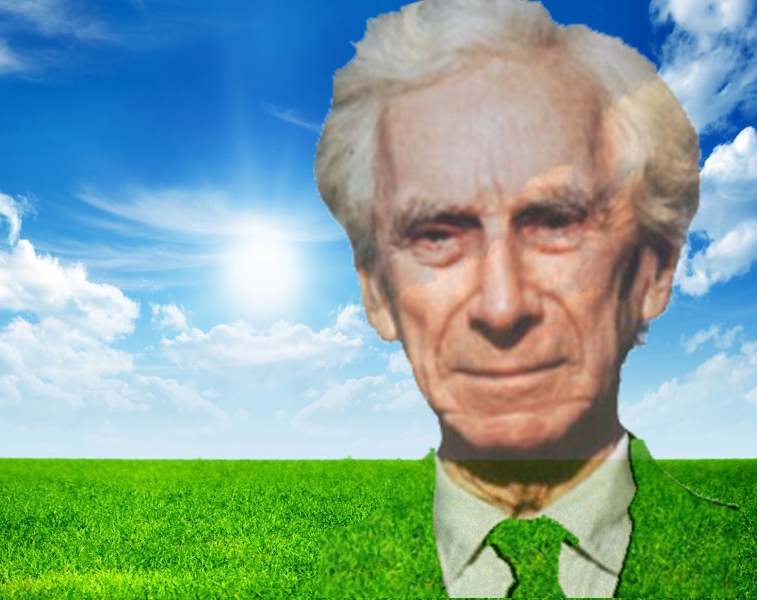
Bertrand Russell (1872-1970) was an important British philosopher, considered one of the founders of modern analytic philosophy. Throughout his life he continued developing and changing his philosophical views, sometimes from one extreme to another. He was also very interested in moral and social issues, and was politically active for women’s rights, social justice, and pacifism.
The following passages are adapted (with small changes for ease of reading) from Russell’s essay “My mental development,” which appeared in the book The Philosophy of Bertrand Russell (Paul Schlipp, 1963). Russell describes here three important experiences that changed his philosophical convictions: First, the experience of reading Euclid, which led him to a mathematical view of the world (a theme that continued throughout his life). Second, a sudden experience that transformed him to an idealist “Hegelian” view (this refers mainly to the approach of F.H. Bradley, a British idealist inspired by Hegel). And third, the experience of liberation from Hegelianism that took Russell back to realist philosophy.
"A great event in my life, at the age of eleven, was the beginning of reading Euclid, which was still the accepted textbook of geometry. First I had to get over my disappointment when I found that he began with axioms, which had to be accepted without proof. But then I found great delight in him. Throughout the rest of my boyhood, mathematics absorbed a very large part of my interest. This interest was complex: partly mere pleasure in discovering that I possessed a certain kind of skill, partly delight in the power of deductive reasoning, partly the restfulness of mathematical certainty; but more than any of these (while I was still a boy) the belief that nature operates according to mathematical laws, and that human actions, like the motions of the planets, could be calculated if we had sufficient skill.
[…]
Until I went to the University of Cambridge at the age of eighteen, my life was a very solitary one. […] Cambridge opened to me a new world of infinite delight. For the first time I found that, when I uttered my thoughts, they seemed to be accepted as worth considering. […] G.F. Stout and McTaggart caused me to become a Hegelian. I remember the precise moment, one day in 1894, as I was walking along Trinity Lane, when I saw in a flash (or thought I saw) that the ontological argument is valid. I had gone to buy a box of tobacco. On my way back, I suddenly threw it up in the air, and exclaimed as I caught it: “Great Scott, the ontological argument is sound!” [“Great Scott” is an old-style exclamation of surprise.]
[…]
During 1898, various things caused me to abandon both Kant and Hegel. I read Hegel’s Greater Logic, and thought, as I still do, that all he says about mathematics is confused nonsense. […] Philosopher G.E. Moore also had a Hegelian period, but it was briefer than mine. He took the lead in the rebellion, and I followed, with a sense of emancipation. Bradley argued that everything which common sense believes is mere appearance. We returned to the opposite extreme, and we thought that EVERYTHING is real which common sense, uninfluenced by philosophy or theology, supposed to be real. With a sense of escaping from prison, we allowed ourselves to think that grass is green, that the sun and stars would exist if no one was aware of them […]. The world, which had been thin and logical, suddenly became rich and varied and solid. Mathematics could be quite true, and not merely a stage in dialectics.
Posted in November 2017
By accepting you will be accessing a service provided by a third-party external to https://agora.practicafilosofica.de/
|
RECENTLY PUBLISHED PHILOSOPHICAL EXPERIENCES |
